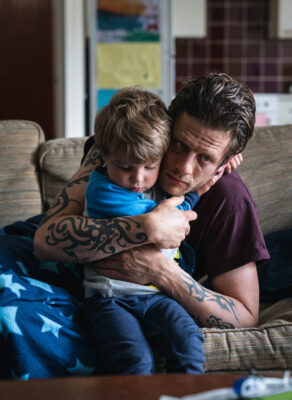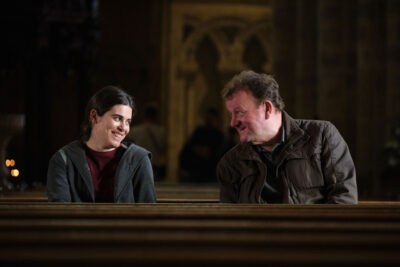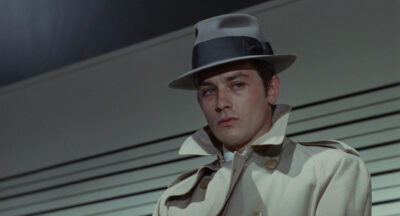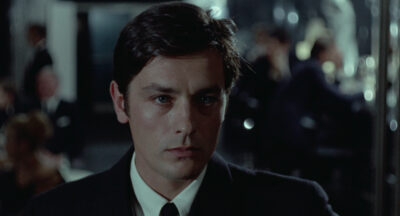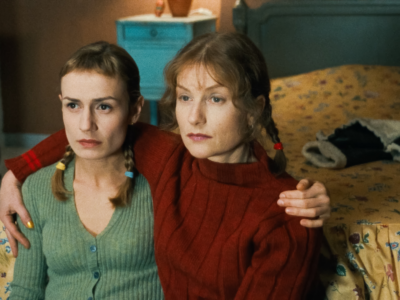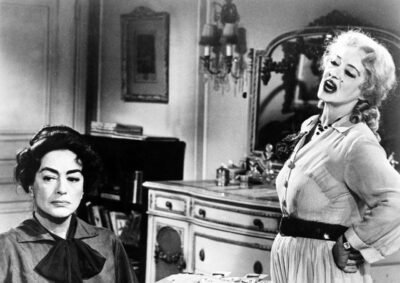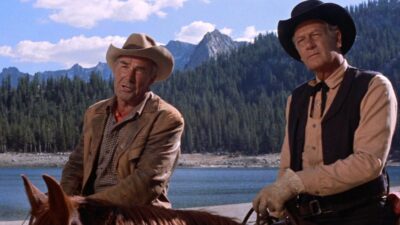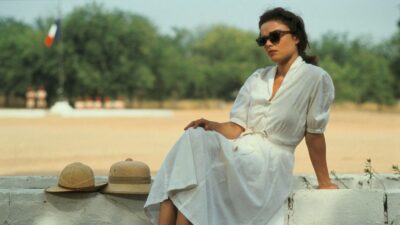Photographic Justice: The Corky Lee Story LAEMMLE PANELS
ROYAL:
4/25 Thursday 7:30
Q&A with
Jennifer Takaki / Director
George Hirose / Executive Producer
Linda Lew Woo / Producer
Moderated by: Jeff Yang / Author and Friend of Corky Lee
GLENDALE:
4/26 Friday 4:30
Informal Q&A with
Jennifer Takaki / Director
George Hirose / Executive Producer
Linda Lew Woo / Producer
4/27 Saturday 4:30
Q&A with
Jennifer Takaki / Director
George Hirose / Executive Producer
Linda Lew Woo / Producer
Moderated by: Chris M. Kwok / Community Organizer
4/28 Sunday 4:30
Informal Q&A with
Jennifer Takaki / Director
George Hirose / Executive Producer
Linda Lew Woo / Producer

